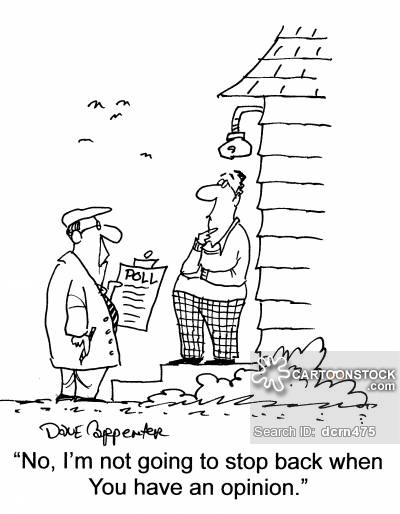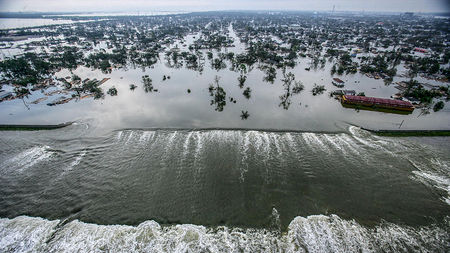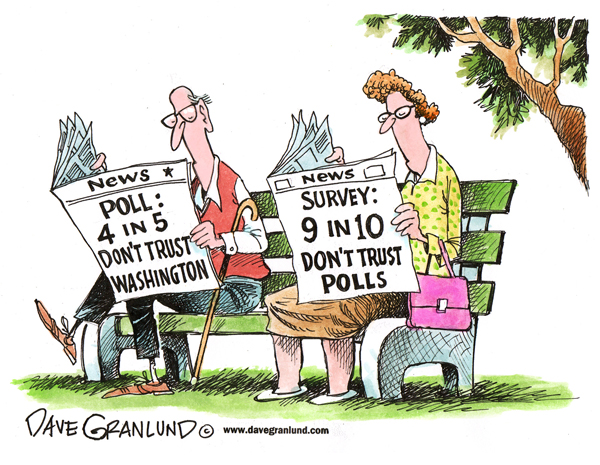Even At The Cafe
Take a look at this poll result, from the Nicholas Institute for Environmental Solutions at Duke University, and let us know if you can make sense out of it.
A vast majority of voters – 79% – favor stronger policies to protect the environment. These poll takes said “yes” to the question of whether we need “stronger national standards to protect our land, air and water”.
This is an amazing statistic. I’m not sure we could get 79% of the voters to agree with the Law of Gravity. We’re positive that at least 21% of the visitors to the Café believe that gravity is only a theory, and that gaps in the theory can only be explained by the theory of Intelligent Falling.
But in the same poll of the same voters, only 22% indicated that environmental issues played a major role in their voting.
Even people describing themselves as “environmentalists” – only 39% of them could recall an election which a candidate’s environmental position was among the top two or three reasons to vote for that candidate.
A focus group in the same study ranked nine issues, in terms of impact on voting and personal importance. The environment ranked last in the survey (behind economy and jobs, health care, Iraq, Social Security, terrorism, education, moral values and taxes).
We took our own scientific poll at the Café, although at the time of the survey there were only four people in the Café. Here is the result:

25% of those surveyed believe that we will never have environmentally-friendly public policy until voters make the connection between environmental issues and voting practices. If voters don’t put the environment high on their list of important issues, neither will elected officials.
25% of those surveyed believe environmental issues will not become determinative political issues unless properly framed as economic issues. We talked about framing in a prior Café, and we talked about internalizing the cost of environmental damage. We are also addressing this issue a bit below in the context of Hurricane Katrina.
25% of those surveyed that the necessity for a clean environment is only a theory. Gaps in the theory, though, can be explained by the new theory of Intelligent Trees, now being taught at Oral Roberts University and other bastions of scientific knowledge.
The remaining 25% of those surveyed had no opinion.
Hurricane Katrina
Katrina will cost us billions of dollars, not to mention the tremendous human cost. A hurricane is, for the most part, a natural disaster. But the intensity and frequency of hurricanes may be the result of global warming.

And even if this year’s hurricanes are part of a natural cycle, the damage caused by Katrina was magnified by the loss of wetlands, deforestation and unwise urban development in the Gulf Coast.
Environmental issues ARE economic issues. Yesterday’s unwise environmental policy in the Mississippi River Delta and Gulf Coast are costing us big time today. Unwise environmental choices today will cost us big time tomorrow.
